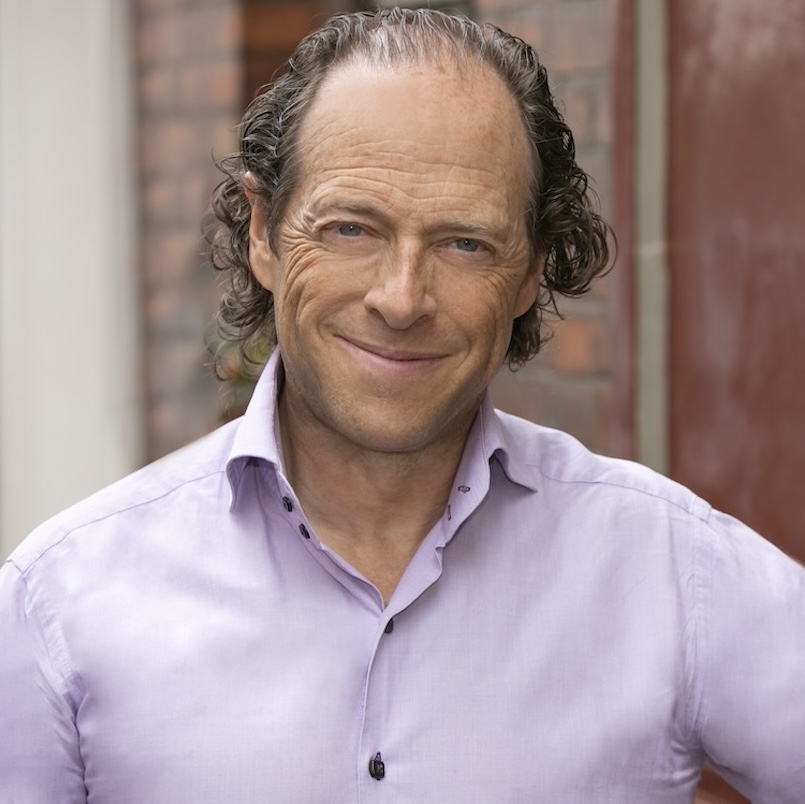Teacher fellows

Julian Richer
I came across Michael in a Guardian article in 2015 about the difficulties of teaching the Israel Palestine conflict in school. He was developing a new way of teaching contentious history and was looking for a sponsor. I thought this sounded excellent so I called him up and offered to help. We had a cup of tea in St Pancras station and that was the start of a very fruitful collaboration.
My initial interest was in seeing the Israel Palestine conflict taught well – I think it’s really important that controversial topics should be tackled in the classroom – but as time has gone on I can see the need and benefits of using this dual narrative approach to many other controversial topics. We need to teach our school students how to think not what to think.
Today the alignment between Parallel Histories and one of my other projects, Campaign for Social Justice, is closer than ever. Unscrupulous politicians find it too easy to stoke intercommunal tensions to distract voters from social injustice. We must ensure tomorrow’s voters know there is always more than one narrative and that they have the skills to pick through the evidence to make up their own mind.
I’ve been delighted by our fantastic growth to 1100 secondary schools around the world, including 600 in the UK alone. We aren’t part of any government programme so this growth is all from individual teachers seeing the benefits to their students of our unique approach and then making time for it in their crowded curriculum.
Photo credit: Gerardo Jaconelli

Julian Richer
I came across Michael in a Guardian article in 2015 about the difficulties of teaching the Israel Palestine conflict in school. He was developing a new way of teaching contentious history and was looking for a sponsor. I thought this sounded excellent so I called him up and offered to help. We had a cup of tea in St Pancras station and that was the start of a very fruitful collaboration.
My initial interest was in seeing the Israel Palestine conflict taught well – I think it’s really important that controversial topics should be tackled in the classroom – but as time has gone on I can see the need and benefits of using this dual narrative approach to many other controversial topics. We need to teach our school students how to think not what to think.
Today the alignment between Parallel Histories and one of my other projects, Campaign for Social Justice, is closer than ever. Unscrupulous politicians find it too easy to stoke intercommunal tensions to distract voters from social injustice. We must ensure tomorrow’s voters know there is always more than one narrative and that they have the skills to pick through the evidence to make up their own mind.
I’ve been delighted by our fantastic growth to 1100 secondary schools around the world, including 600 in the UK alone. We aren’t part of any government programme so this growth is all from individual teachers seeing the benefits to their students of our unique approach and then making time for it in their crowded curriculum.
Photo credit: Gerardo Jaconelli
